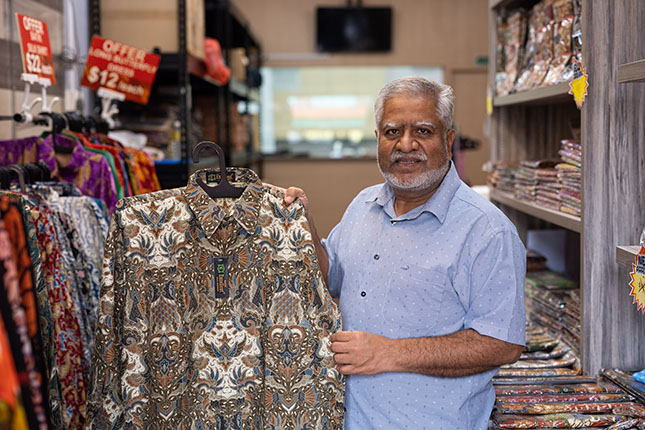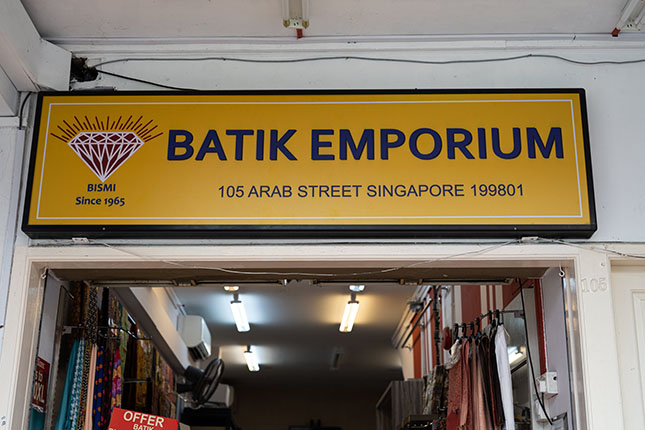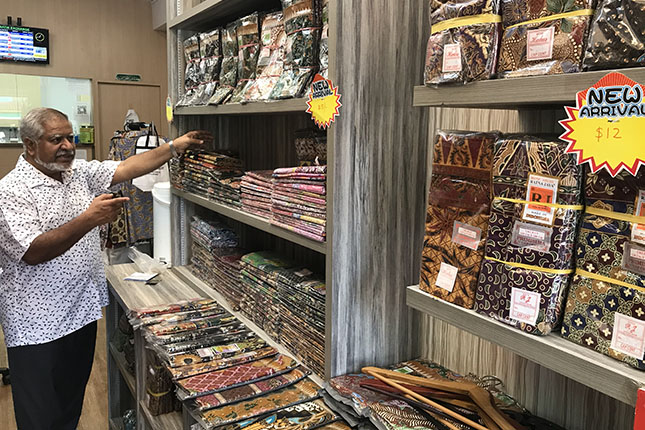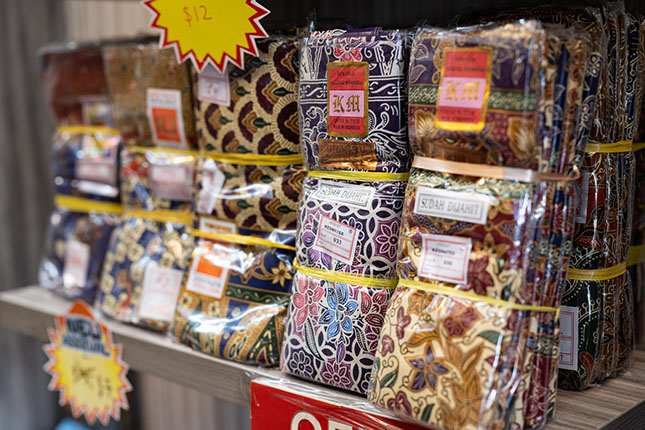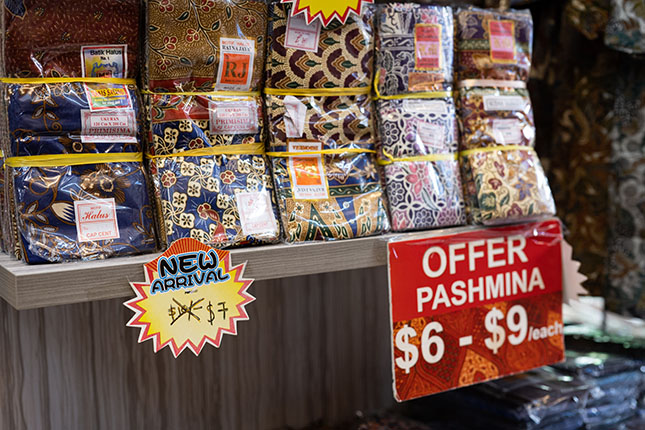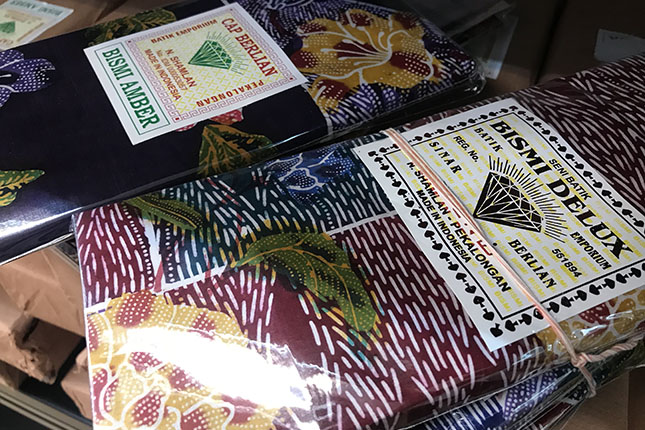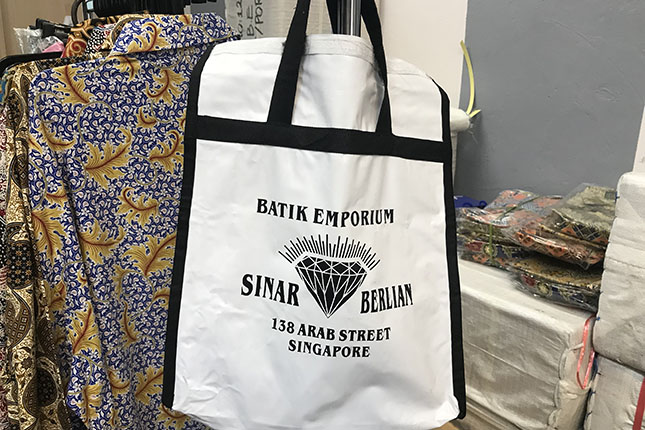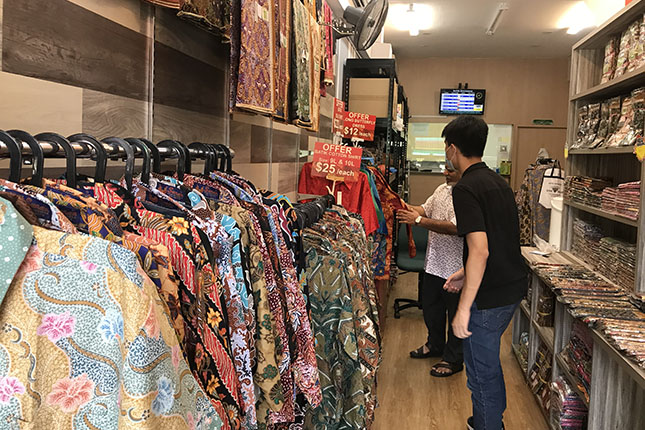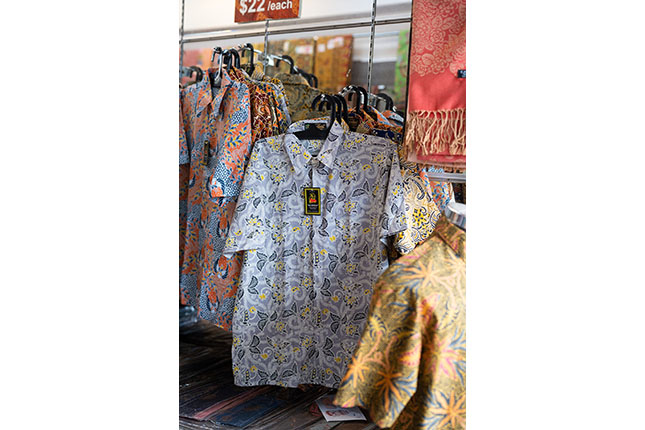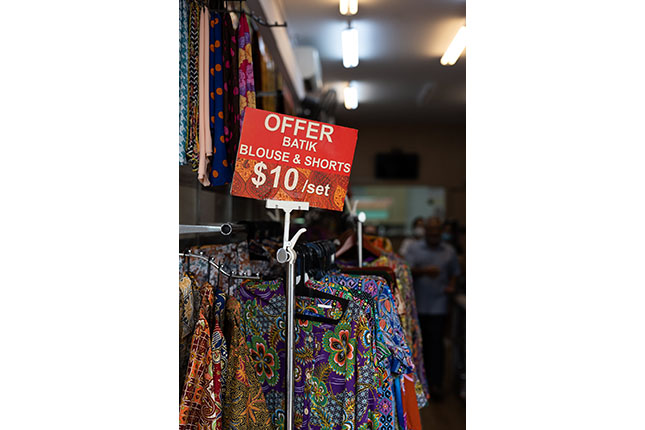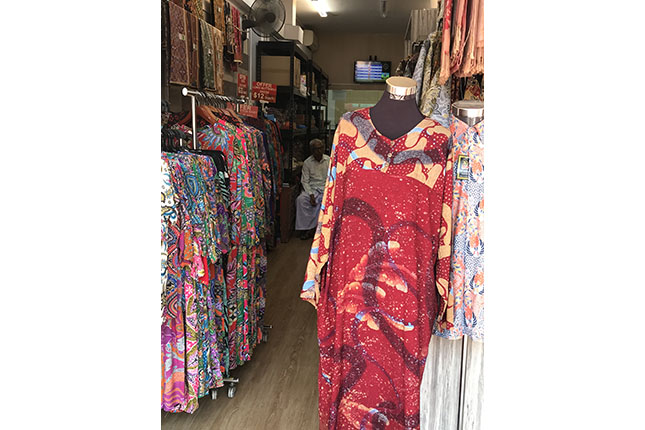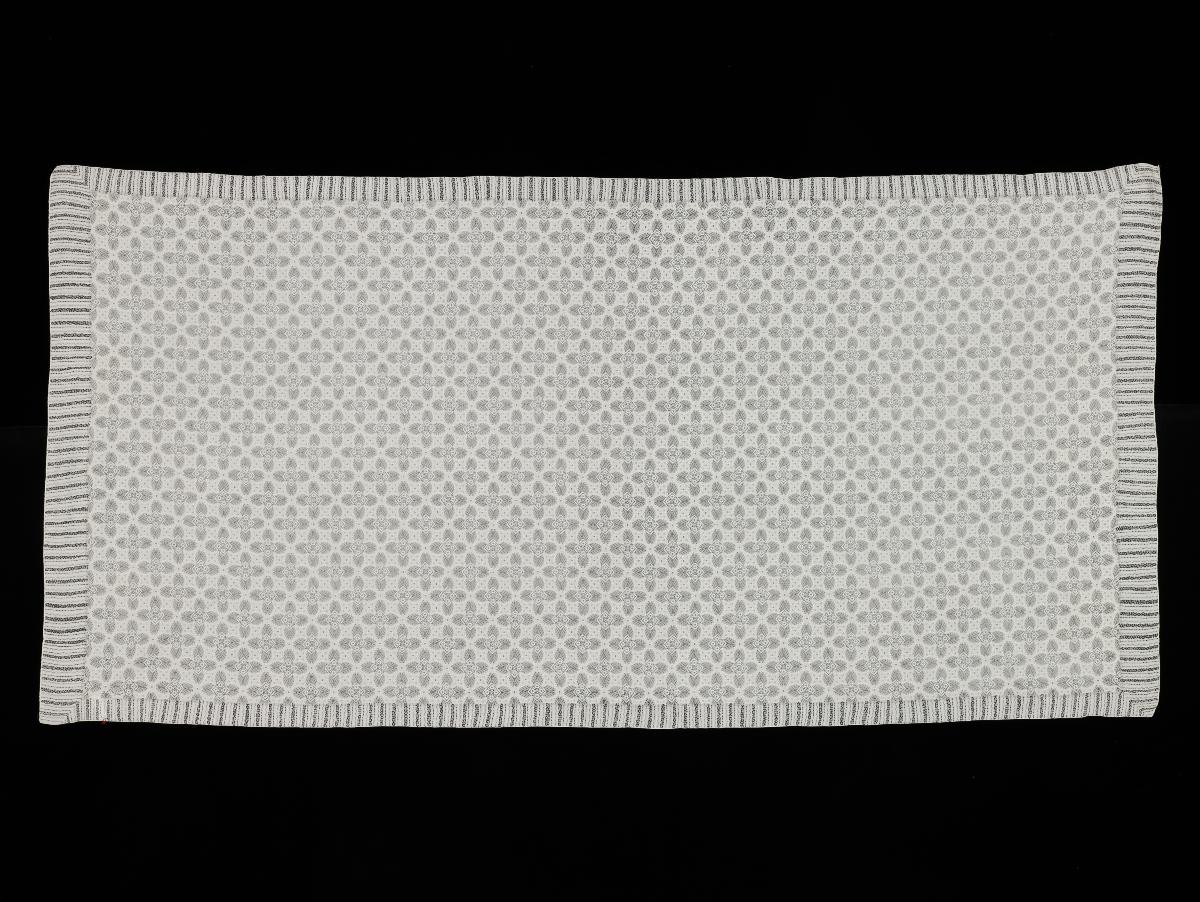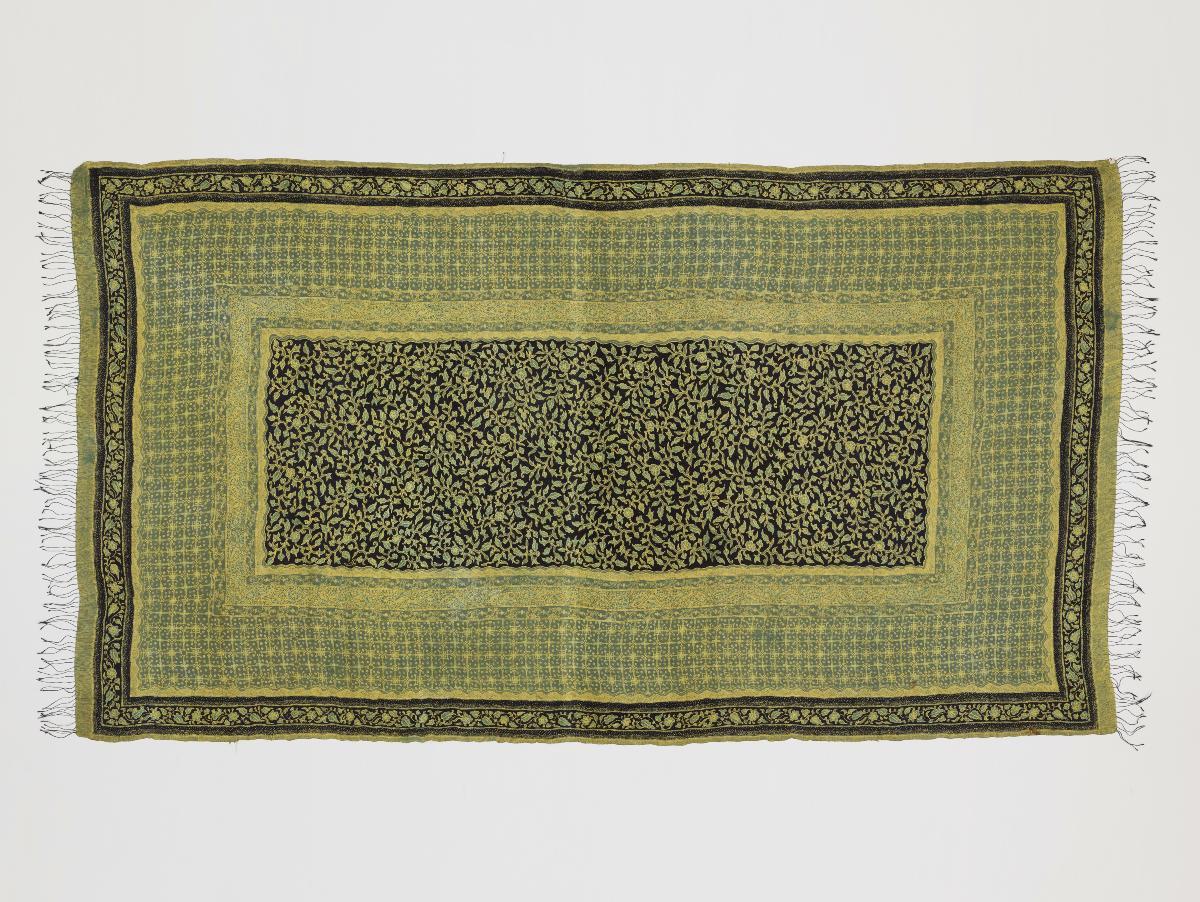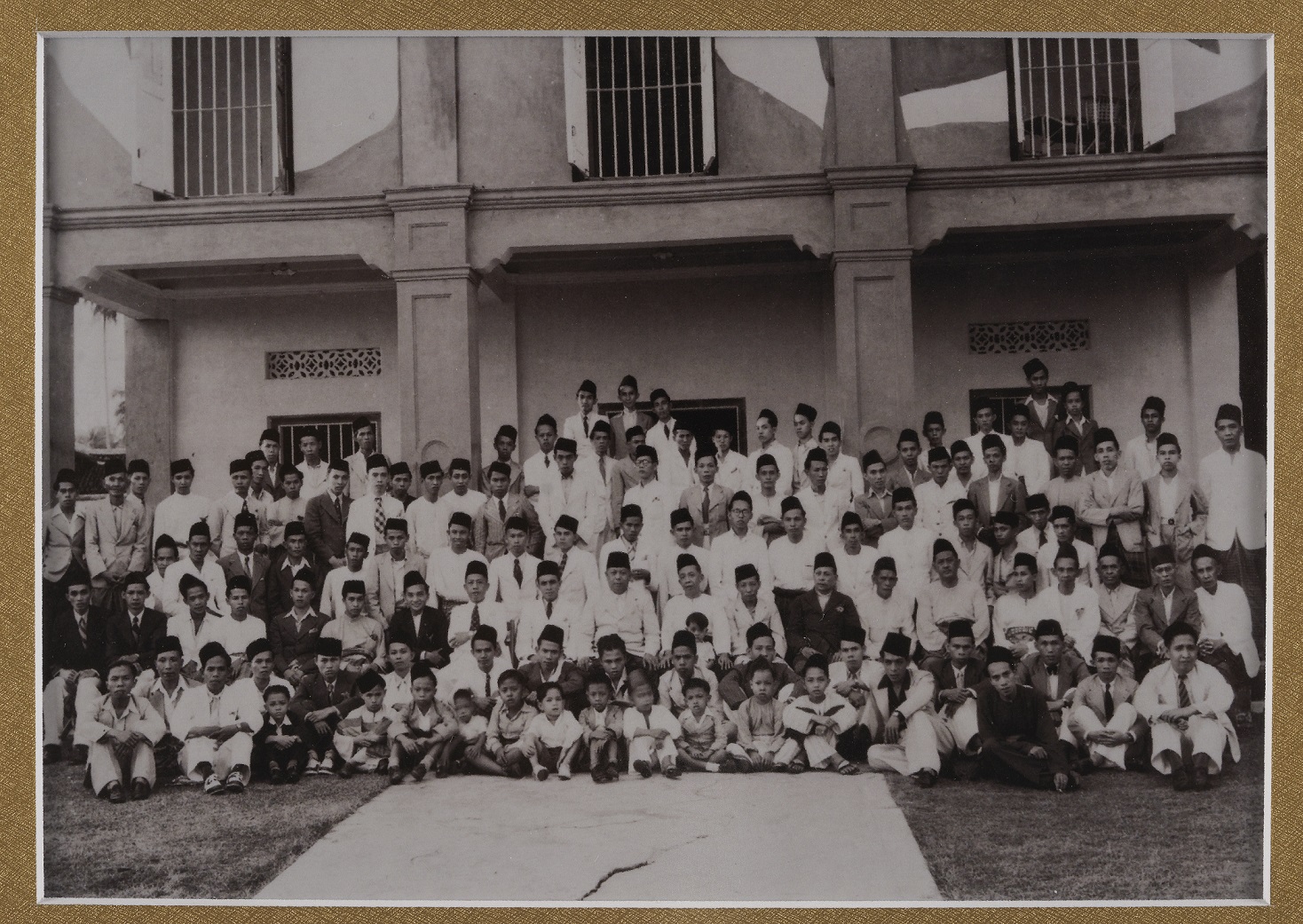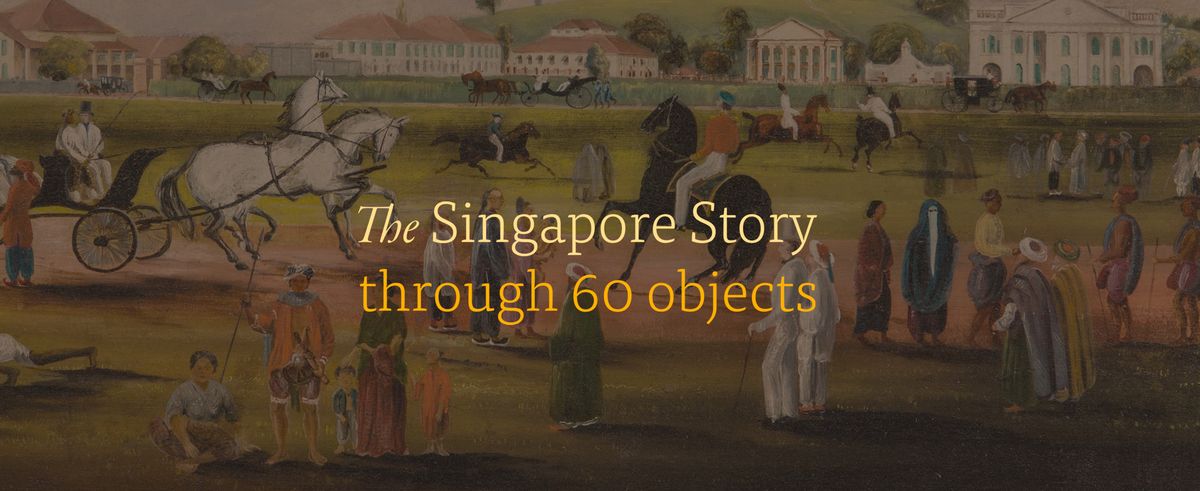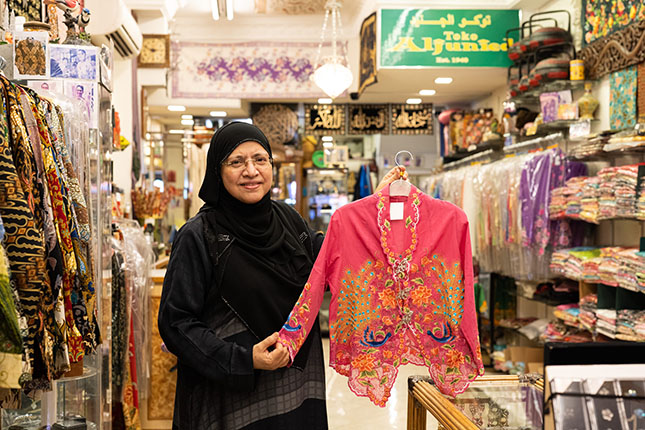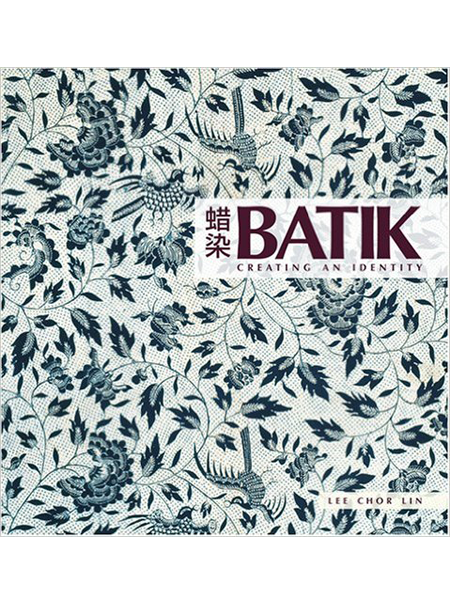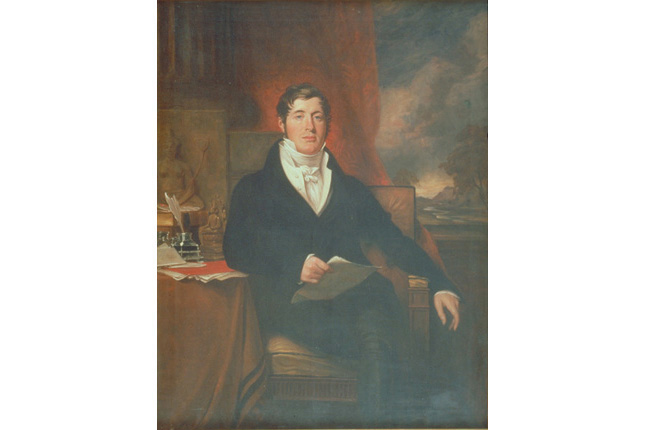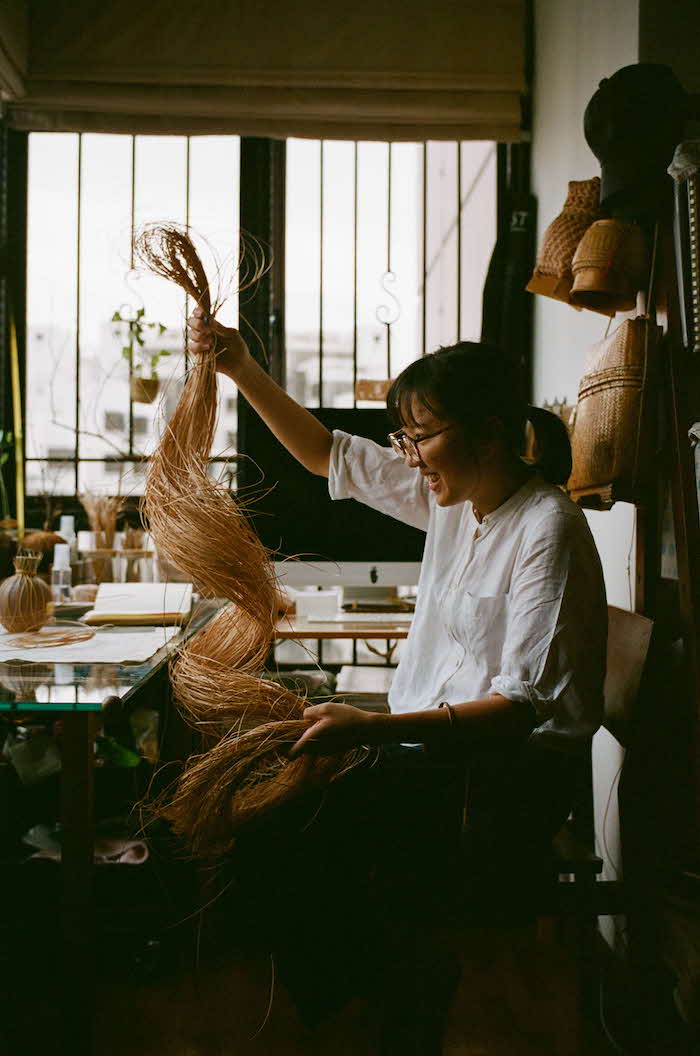Making Diamonds From Batik
|
Name of business: |
Batik Emporium |
|
Business location: |
105 Arab Street, Singapore 199801 |
|
Business type: |
Textile |
|
Established: |
1965 |
Batik Emporium is a traditional batik business founded by Mr V.S.A. Omar’s father in 1965. From selling wholesale to starting their own brand, the story of this business demonstrates the enduring nature of traditional trades.
Browsing the colourful array of products lining the shelves of Batik Emporium, you will notice the glistening diamond symbol framed by a decorative border on some of the packaging—the logo of Mr Omar’s home-grown batik brand, and a symbol of the durability its business.
With its rich colours and distinct floral patterns, batik has become a fabric iconic to Southeast Asia. Most people associate batik with the Singapore Airlines’ cabin crew uniform, but its ties to Singapore are rooted in the nation’s history as a trading post when it was first brought over by Javanese traders. The traditional technique of batik tulis, or “written batik”, involves drawing intricate patterns on a piece of fabric using melted wax. Written into these exquisite patterns is a history of art, tradition, and culture, which is closely intertwined with Arab Street at Kampong Gelam. Serving as a fabric and textile hub, Arab Street attracted individuals such as Mr Omar’s father who set up businesses which have made a name for themselves in the industry.
While Batik Emporium was officially founded in the year of Singapore’s independence, the family’s involvement in the batik business began when Mr Omar’s father moved to Singapore from Chennai in search of better prospects. He learnt about the batik industry after working for Arab merchants in 1945 after World War II and eventually decided to start his own business. In 1967, Mr Omar joined his father in Singapore at the age of five and subsequently received his education at Anglo Chinese School. He recalls how his childhood revolved around the shop: “We just sleep on top of the shophouse. Mornings, I go to school, evenings [when] I come back, I help my father with the trade.”
Just as the business was taking off, the Indonesia-Malaysia confrontation—also known as Konfrontasi—struck. With their main imports and exports going through Indonesia, they lost a lot of credit and even risked shutting down the business. On another occasion, a ship transporting their goods to Indonesia sunk, and they had to terminate their plans to open a sari shop on Dunlop Street. Despite these challenges, Mr Omar’s father refused to give up and persevered to keep his business.
Having grown up in the business, Mr Omar witnessed the evolution of the trade and its place in the wider context of Kampong Gelam. Recalling the Arab merchants who traded textiles with the Javanese and Boyanese traders, Mr Omar feels that the textile industry has become an intrinsic part of Arab Street’s identity. “Let’s say if I were to take this batik place and put it in Jurong, I mean, how many people will know? It’s not recognisable,” says Mr Omar.
While the longevity of Batik Emporium is evidence for Mr Omar’s adaptability to changing times, it also speaks for the endurance of the trade: “What I see is times have changed, trades have changed. But only good thing is that this batik business has not changed, is still here, is still here to stay.” While Batik Emporium began only selling batik fabric, the business transitioned to carry other products such as sarongs, shirts, and bedsheets. In 1980, they decided to go into production and started their own brand called Bismi, or Diamond Brand, which catered specifically to South Indian tastes. Batik Emporium also started their currency exchange business in the same year to serve their main customer base of Malaysian tourists. Now, they also sell their products wholesale and even export internationally.
Mr Omar continues to be actively involved in the business, and is proud to represent the brand, “because my father was the one who created this thing. And he named the thing Batik Emporium, and he registered in Singapore. I’m very proud of that, which I can say this is a Singapore brand.” In a way, Mr Omar’s own identity is deeply tied to that of the brand; he too came to Singapore at a young age and grew up alongside the business. As a pioneer of Singapore’s batik trade, Batik Emporium demonstrates that it does not matter where one comes from; what matters is who they are now.
Mr Omar hopes that people will appreciate his family’s business and the unique qualities of the batik trade: “What I really wish to say is that this trade is in fact, an excellent trade. And it’s got unique qualities, exclusive things, you know. Exclusive things which you cannot find it other trades.” In his opinion, the industry is still underdeveloped, and there are opportunities to pursue in North America and Europe. With the right amount of effort, passion, and hard work, Mr Omar believes that the next generation has the power to reinvigorate the trade and preserve the rich culture of batik.
Interviewed by Lee Jun Wei and Ng Meng Chong on 10 May 2022.




